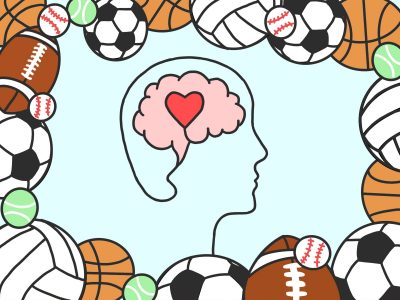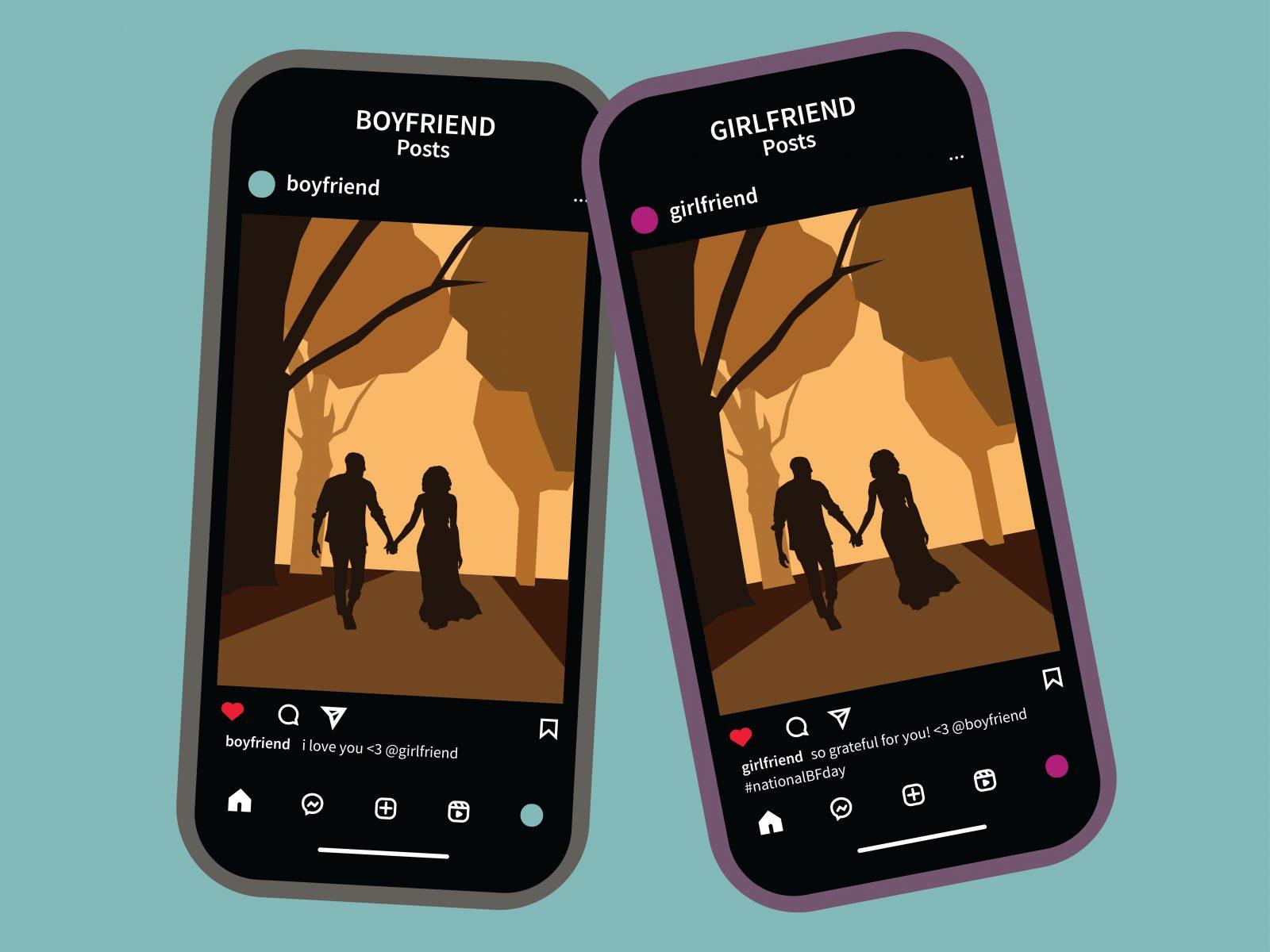I woke up at 4:30 a.m. for weights, went straight from hourlong classes to a five-hour practice, barely found time to eat and sleep and hardly kept up with the increasing pressures of college sports. My mental health declined. Yet, when someone asked how I was doing, I always responded with “I’m fine,” knowing well that I wasn’t.
Ever since I started sports, I was asked by everyone to push through mental and physical obstacles. Adversity and competitiveness is what surrounded me. As I climbed the ranks of softball, my depression, anxiety and eating disorder got worse.

The sad part about it is that I know for a fact that I am not alone. Constantly, as student-athletes you hear, “It is okay to not be okay,” but nothing around you proves that.
From my personal college athletic experience, here’s why.
If you accept your mental health condition, you are seen as weak, which could possibly affect your playing time since you might “not be ready to compete on the field,” because you can’t take the pressure.
But if you leave your sport because of mental health, you may be considered a quitter.
If you admit to mental health illnesses, you are no longer seen as “mentally tough,” which can affect how not only your teammates and coaches perceive you, but also the general public.
As a collegiate student-athlete, eyes are glued on you. You are idealized. You have fans that watch you because you are good at what you do, but vulnerability, specifically in college sports, is non-existent, and after a global pandemic and decreasing athletes’ mental health, it is time for change.
After all, there is a lot of power in being vulnerable, especially as an athlete. The fear of being vulnerable halts an athlete’s capabilities to grow. They are constantly anxious and stressed, which ultimately puts too much pressure on them, and they tend to forget to love the game they once played purely for joy.
Collegiate athletes need to start following the actions of professional athletes, such as Simone Biles and Michael Phelps. In the past couple years, specifically professional athletes have challenged the mental health stigma by opening up about their struggles.
Biles withdrew from the Tokyo Olympic gymnastic team finals after her struggles with mental health. She selflessly accepted that she wasn’t in good health to compete, so she stepped back and watched her team from the sidelines.
This occasion opened the eyes of many and let people know that even at a professional level, the best athletes are struggling internally. Biles putting her mental health first came as a shock to many. With that being said, athletes need to start making that the new normal.
Taking time off to seek help doesn’t make an athlete look weaker — that is just the stigma. As an athlete who got praised for placing my mental health first and taking a break from my sport after coming to the realization that I couldn’t take saying “I’m fine” anymore, I am so much happier and healthier.
Everyone is fighting their own battles, and if you are an athlete reading this and struggling with your mental health, just know seeking help is life changing. You don’t have to take a break from your sport or hang up your cleats. If you just want to seek help, but continue your sport, I promise you will still find joy in yourself and in your sport once again.
Stop saying “I’m fine” because millions of athletes around you are doing the same and in the end, you are just feeding into the stigma surrounding mental health and sports. Help break the stigma, and put your happiness and mental health first. I guarantee you won’t regret it.














































































































